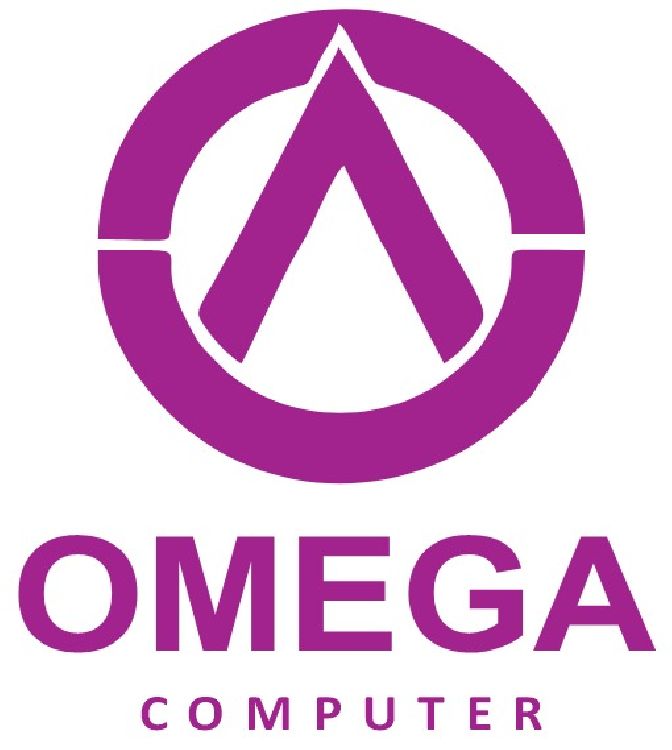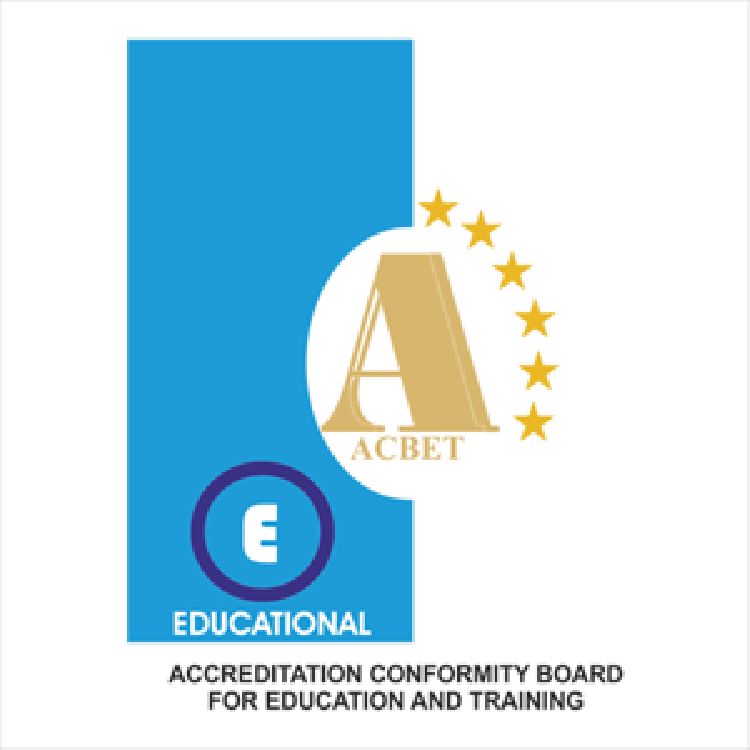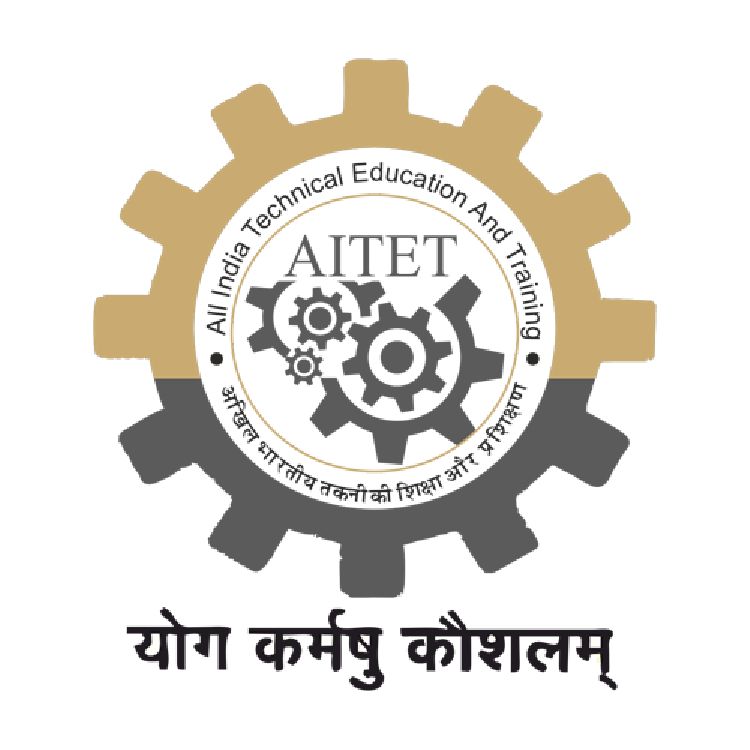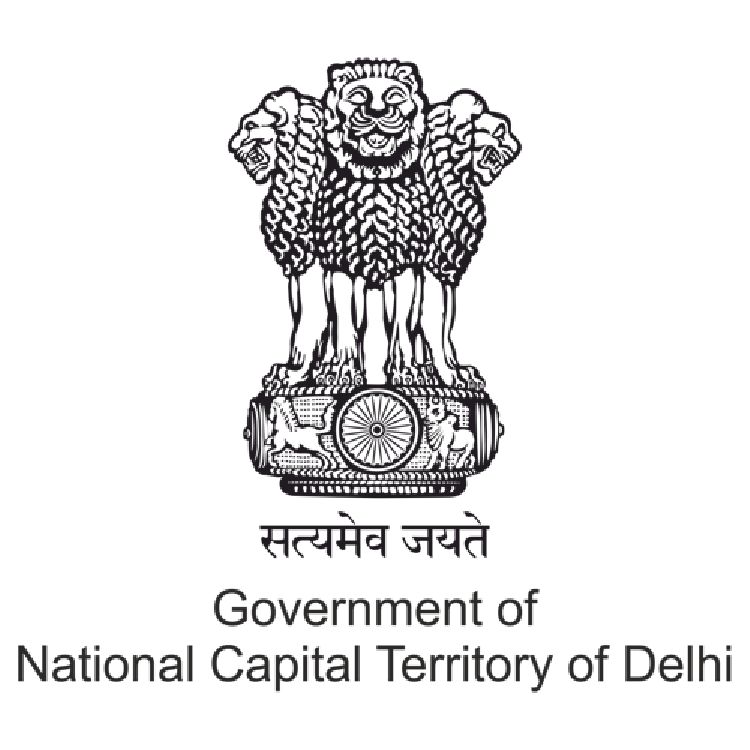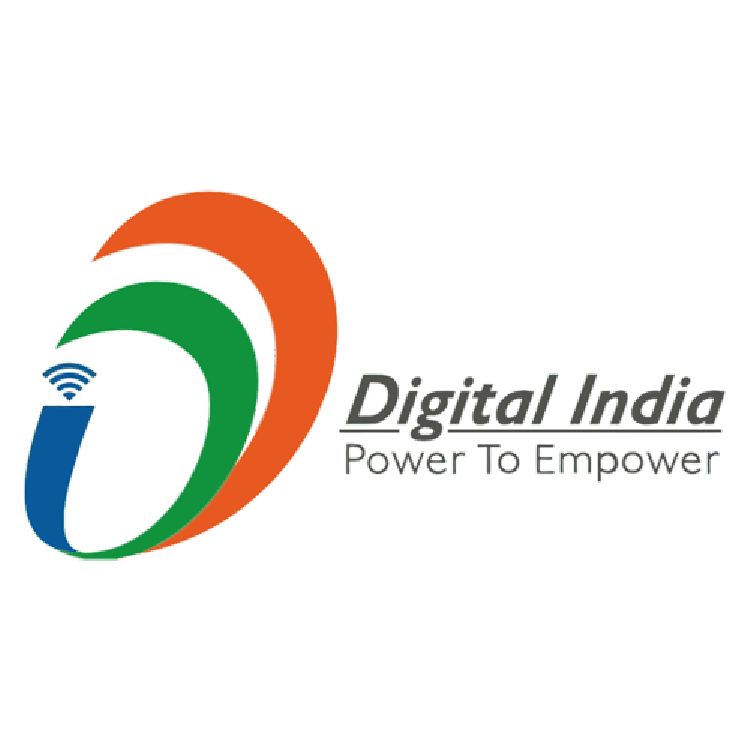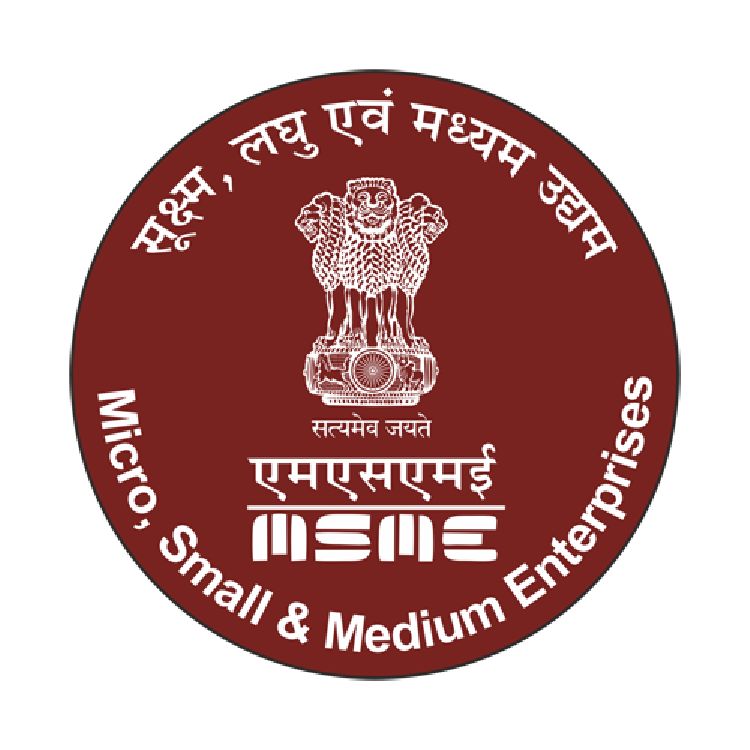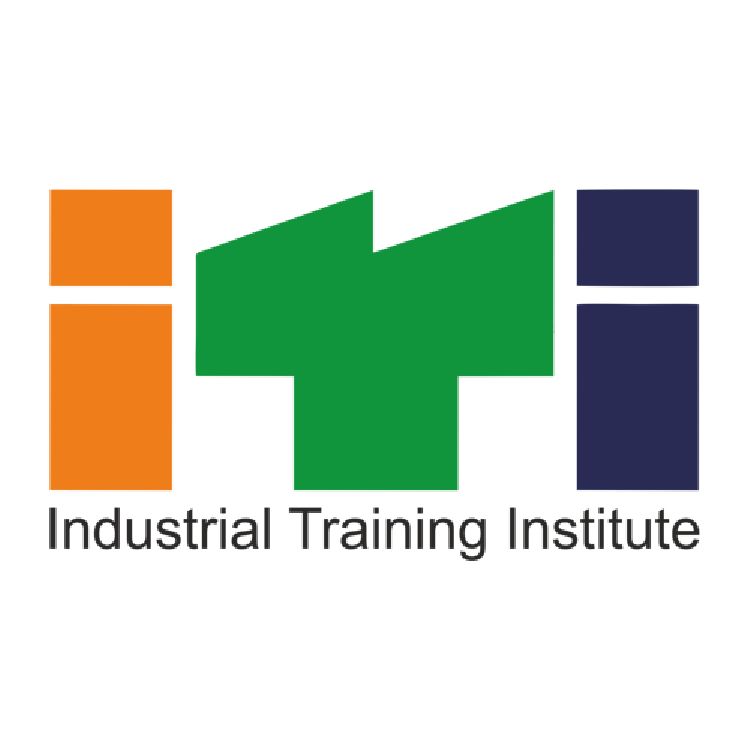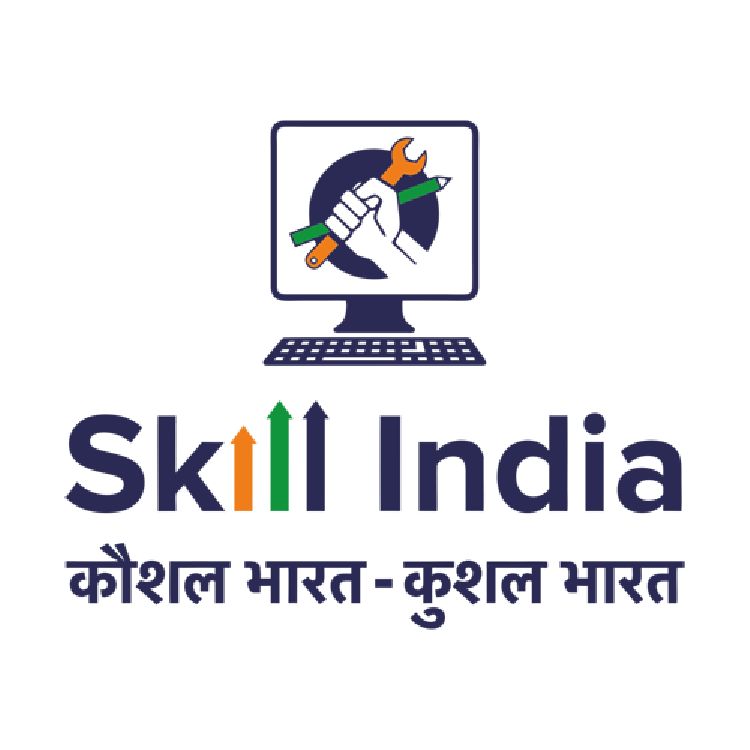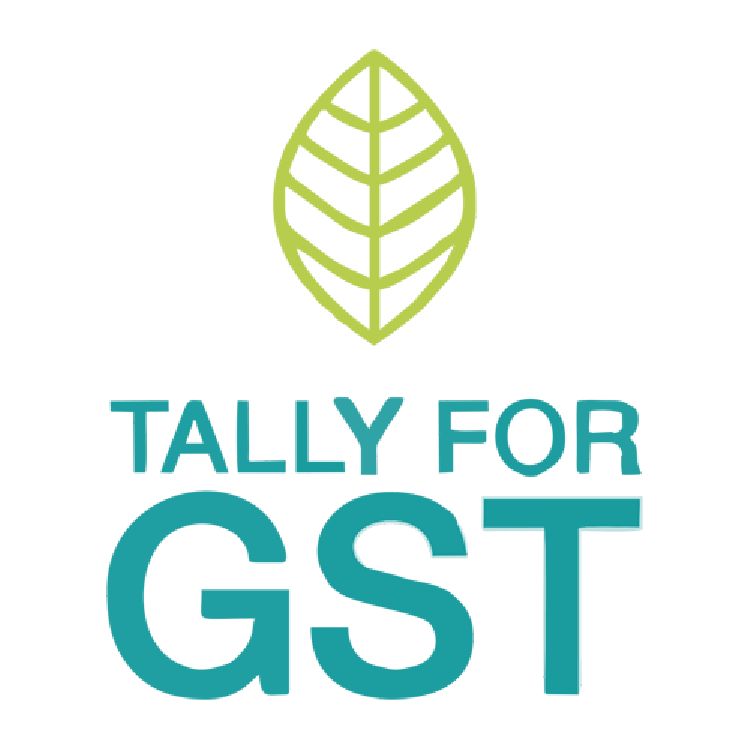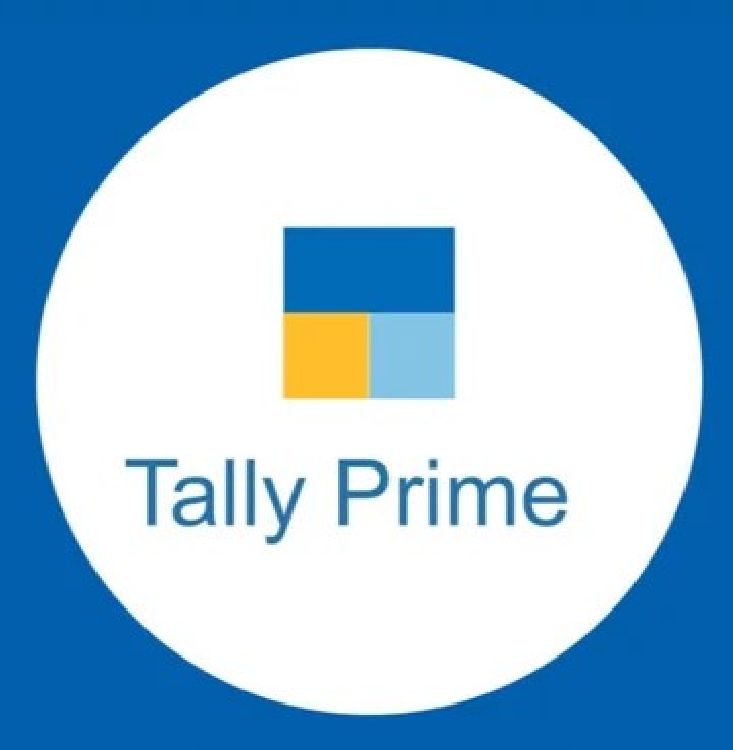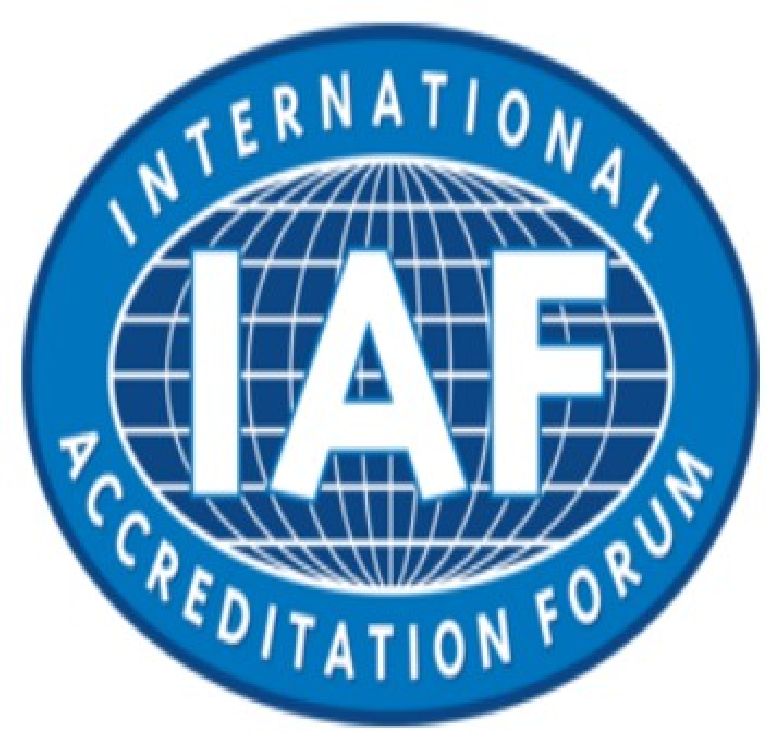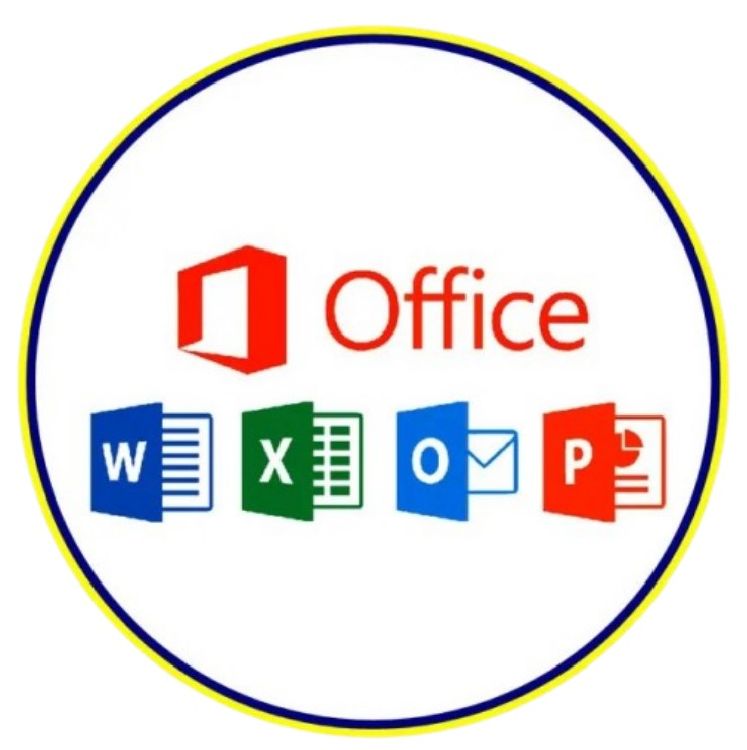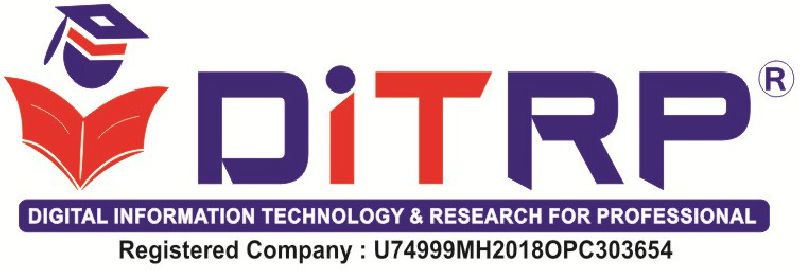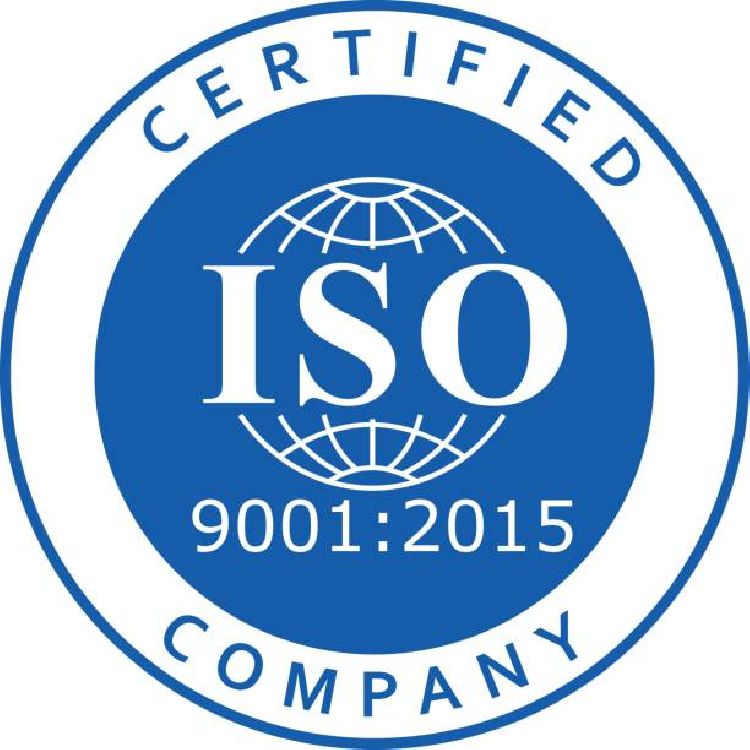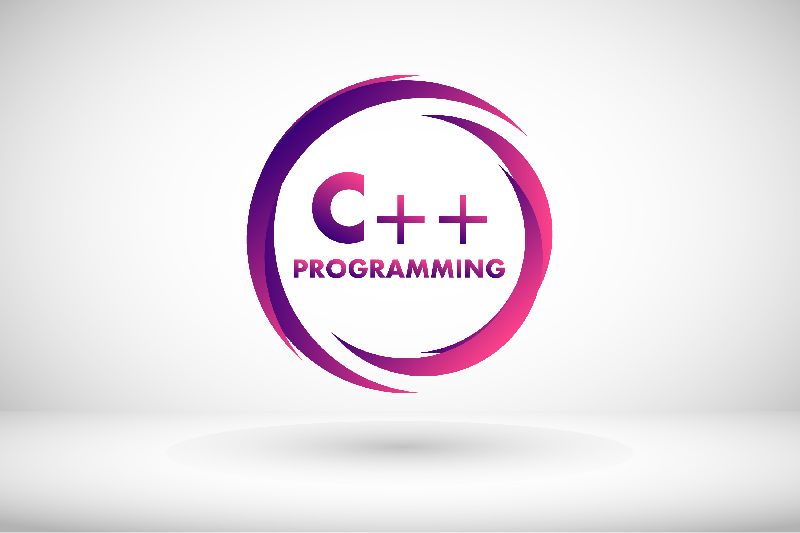
What is C++ and its history?
Key features of C++
Difference between C and C++
Setting up a C++ development environment (IDE setup)
Writing and running the first C++ program
Basic syntax of C++: Variables, Data Types, and Output
Understanding variables and constants
Data types in C++: int, float, char, double, bool
Type casting and type conversion
Operators in C++: Arithmetic, Relational, Logical, Bitwise, Assignment
Input and Output in C++: cin and cout
Comments: Single-line (//) and multi-line (/* */)
Conditional Statements:
if, else if, else
Nested if statements
switch case
Looping Statements:
for loop, while loop, do-while loop
Break and continue statements
Nested loops
Introduction to functions in C++
Function declaration and definition
Function parameters: Pass-by-value and Pass-by-reference
Returning values from functions
Function overloading
Default arguments in functions
Recursive functions
Introduction to arrays in C++
Array declaration, initialization, and accessing elements
Multi-dimensional arrays
Introduction to strings in C++
Handling strings with character arrays
String manipulation functions: strlen(), strcpy(), strcmp(), etc.
Introduction to std::string class
What are pointers in C++?
Pointer declaration and initialization
Pointer arithmetic
Dereferencing pointers (*)
Pointers and arrays
Pointers to functions
Dynamic memory allocation using new and delete
Introduction to OOP concepts
Classes and Objects:
Declaring and defining a class
Creating objects from a class
Member functions and member variables
Constructors and Destructors
Inheritance: Base and Derived classes
Polymorphism: Function overloading and overriding
Encapsulation: Access specifiers (private, public, protected)
Abstraction: Abstract classes and pure virtual functions
Operator overloading

Course Code : CCC
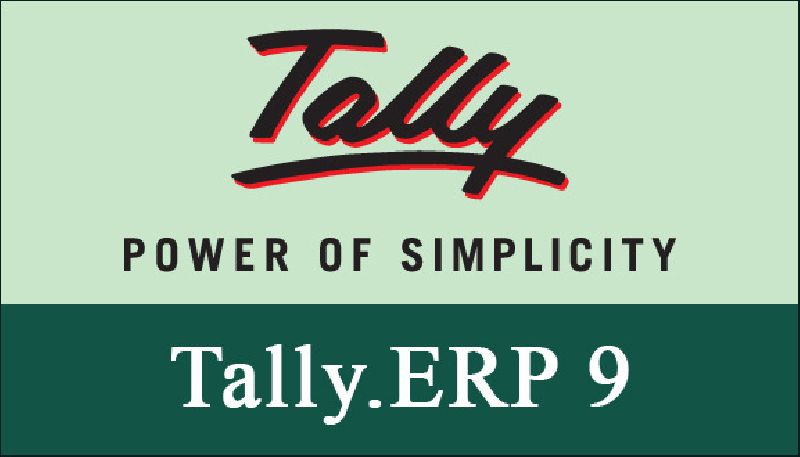
Course Code : TALLY - 01
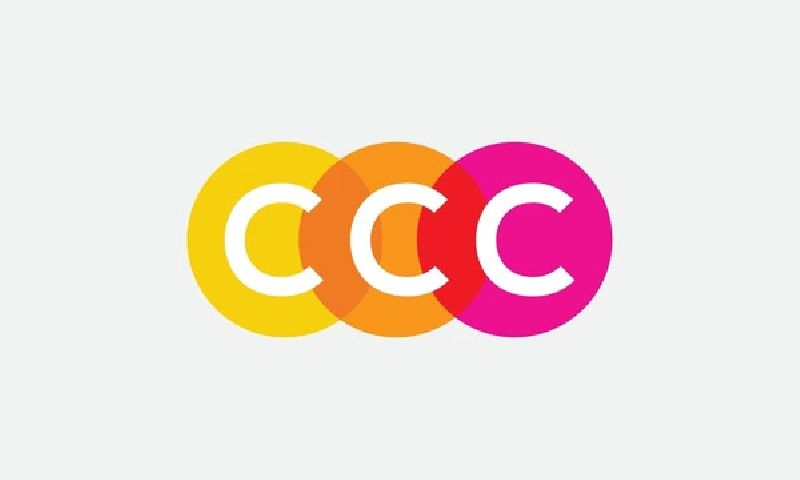
Course Code : CCC+
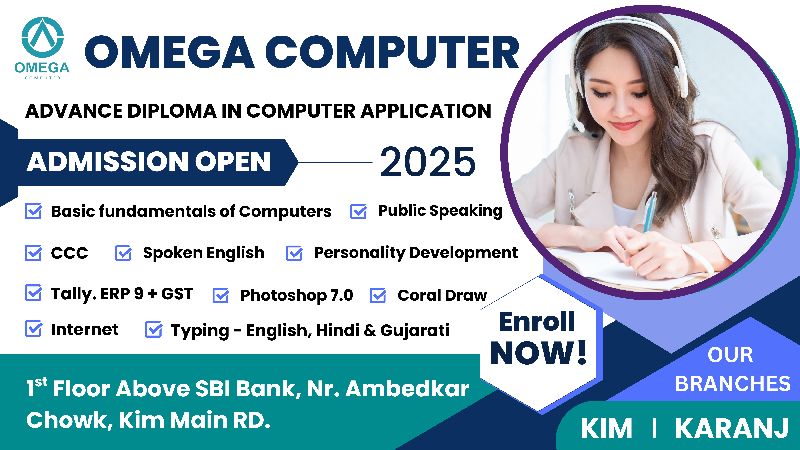
Course Code : ADCA
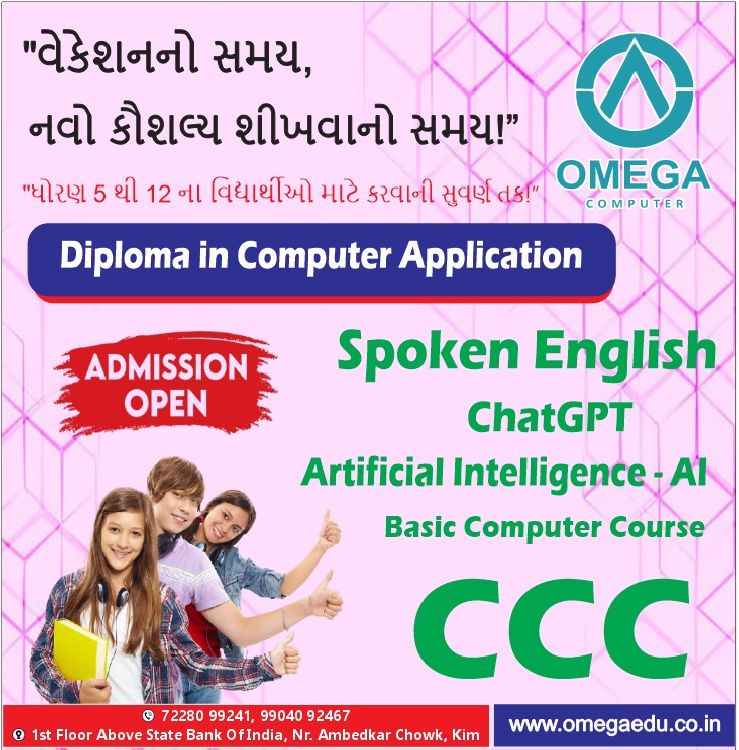
Course Code : DCA
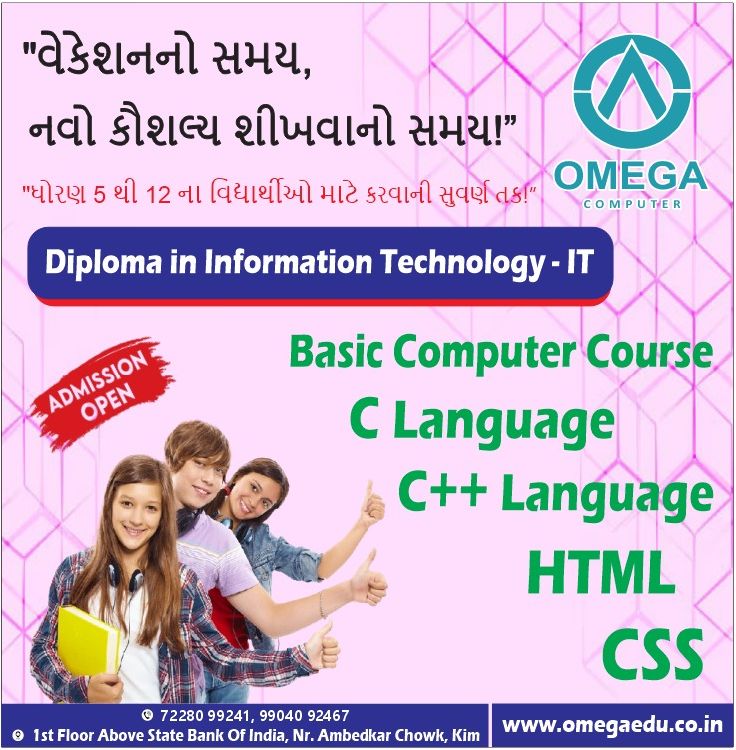
Course Code : DCA - IT
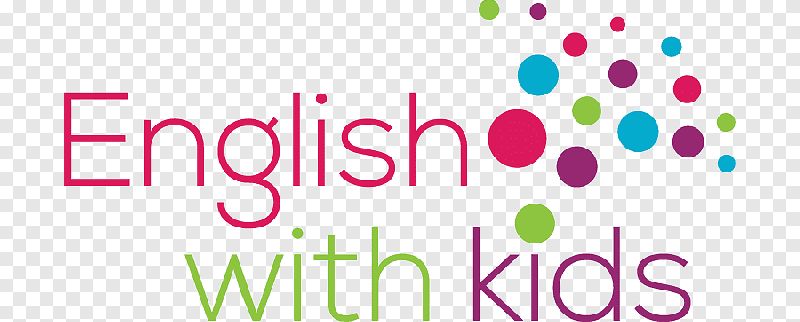
Course Code : FOR KIDS
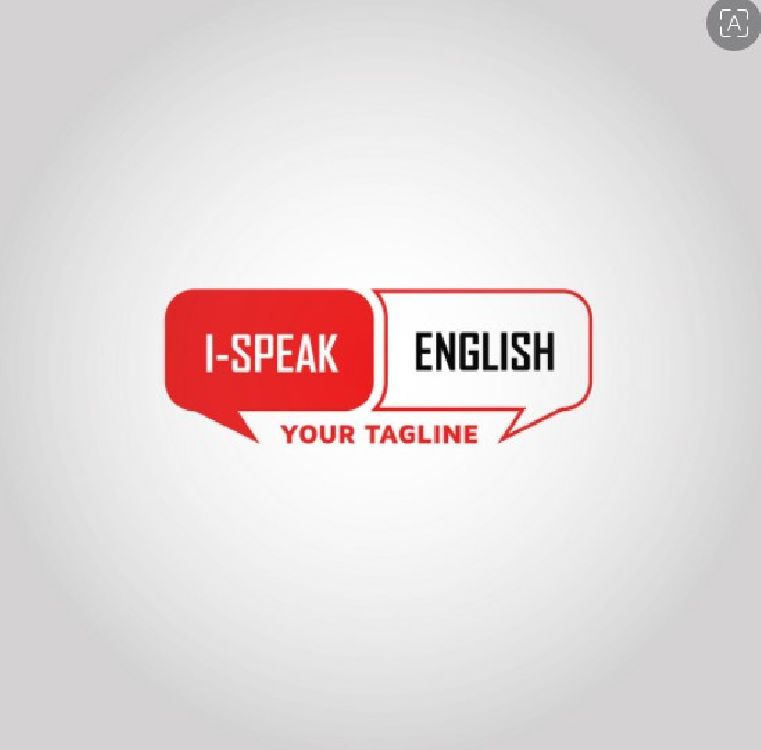
Course Code : FOR BEGINNERS
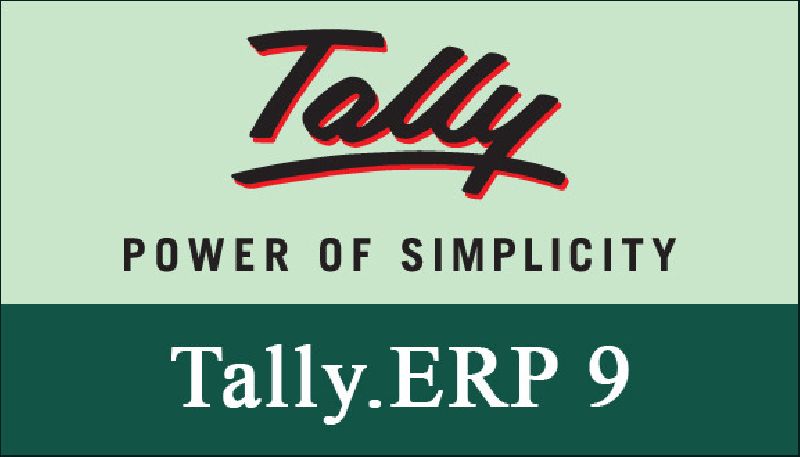
Course Code : TALLY - 02
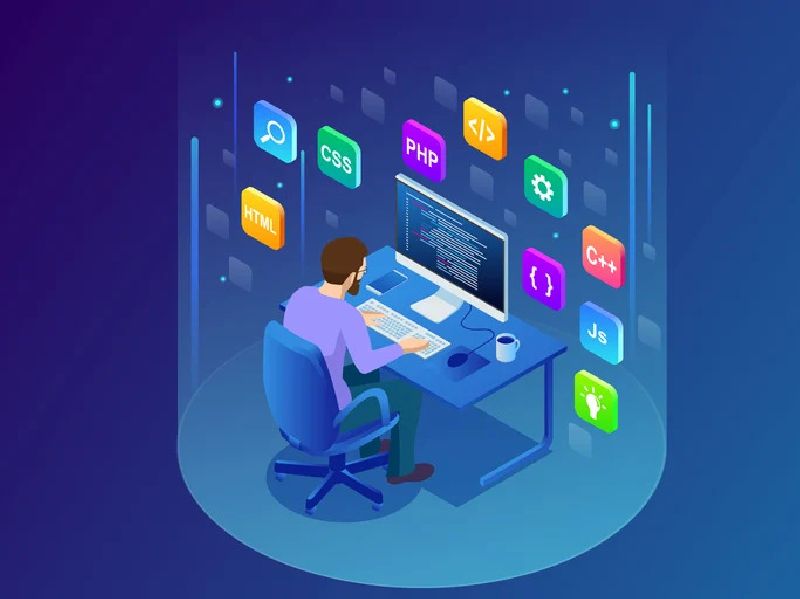
Course Code : ADCA - IT
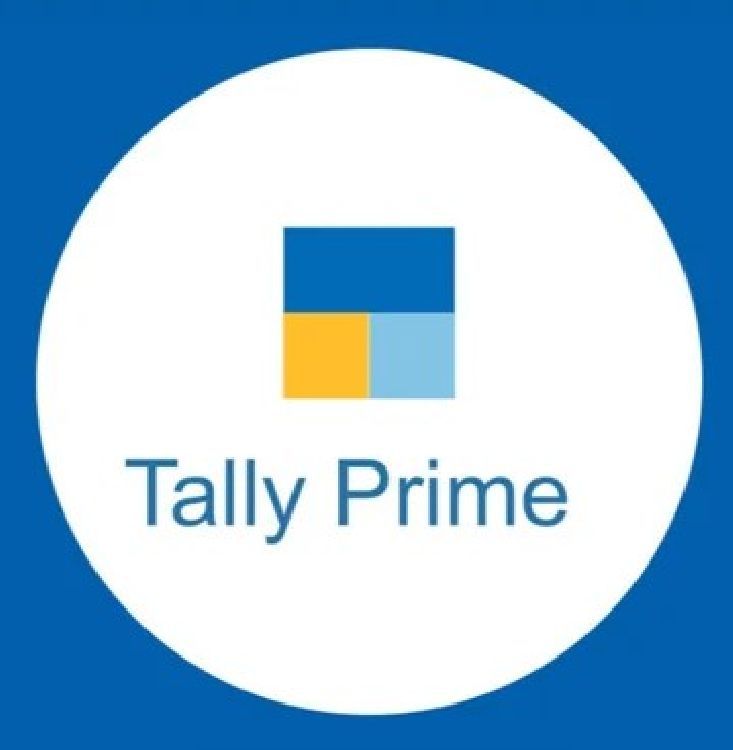
Course Code : TP - 01

Course Code : TP - 02
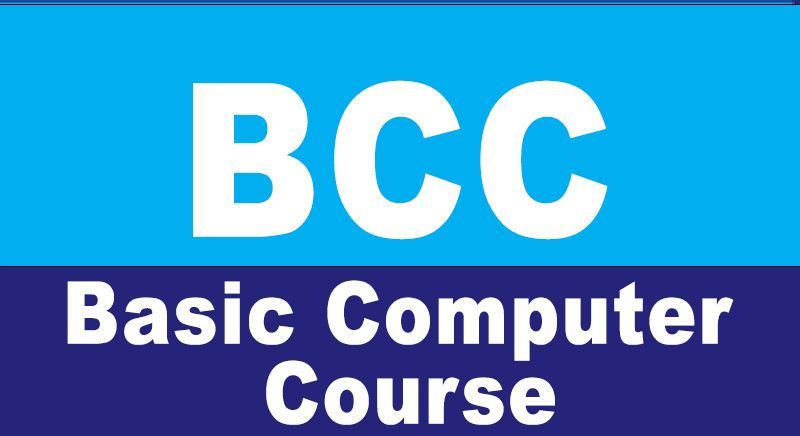
Course Code : S-BCC
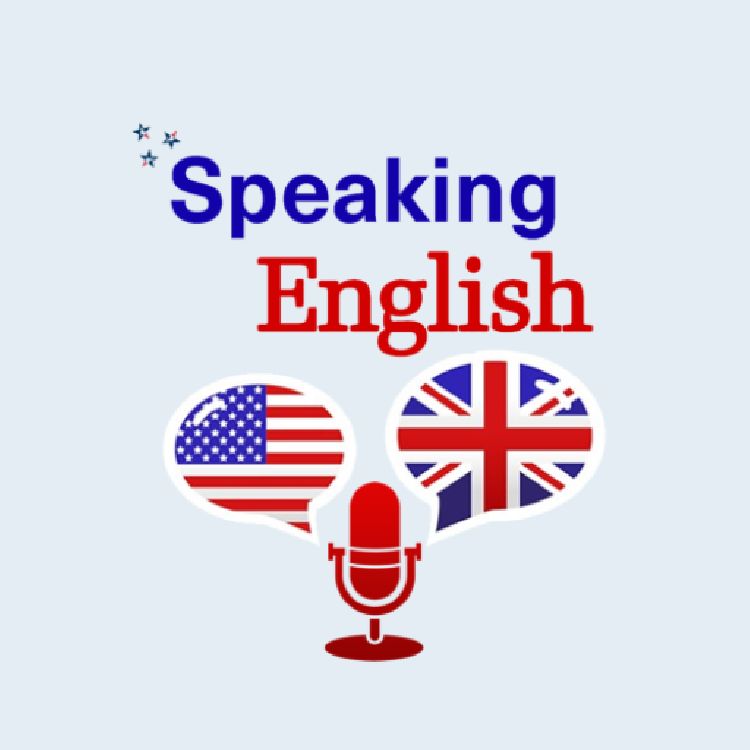
Course Code : PERSONAL BATCH
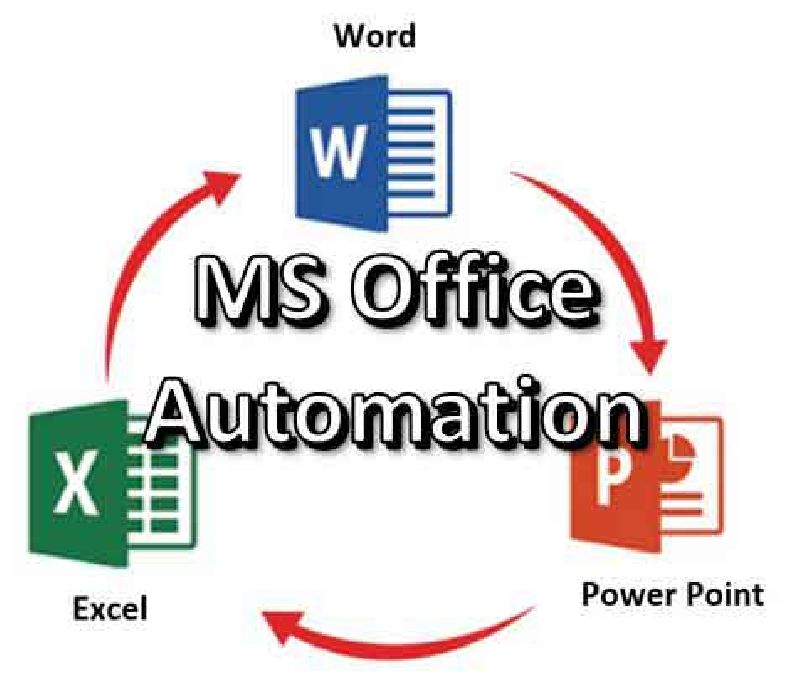
Course Code : S-DOA
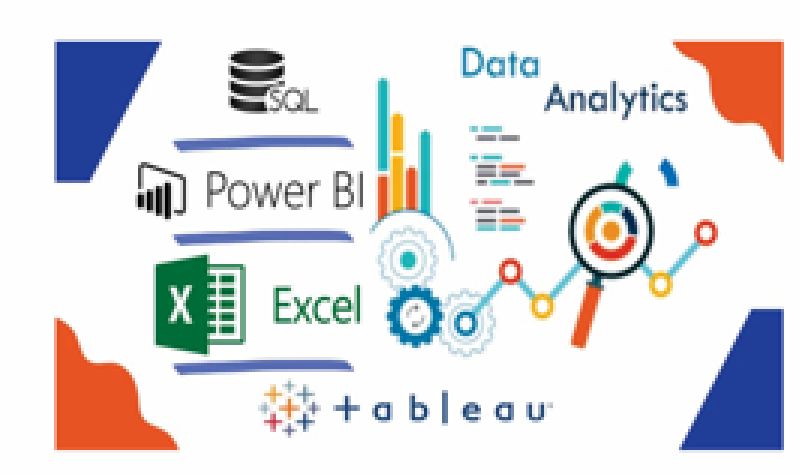
Course Code : S-AD-OA
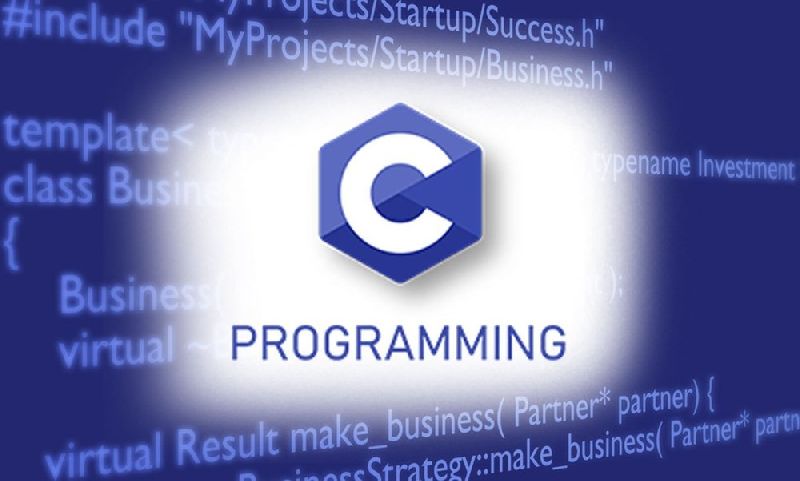
Course Code : S-CL

Course Code : S-CL ++
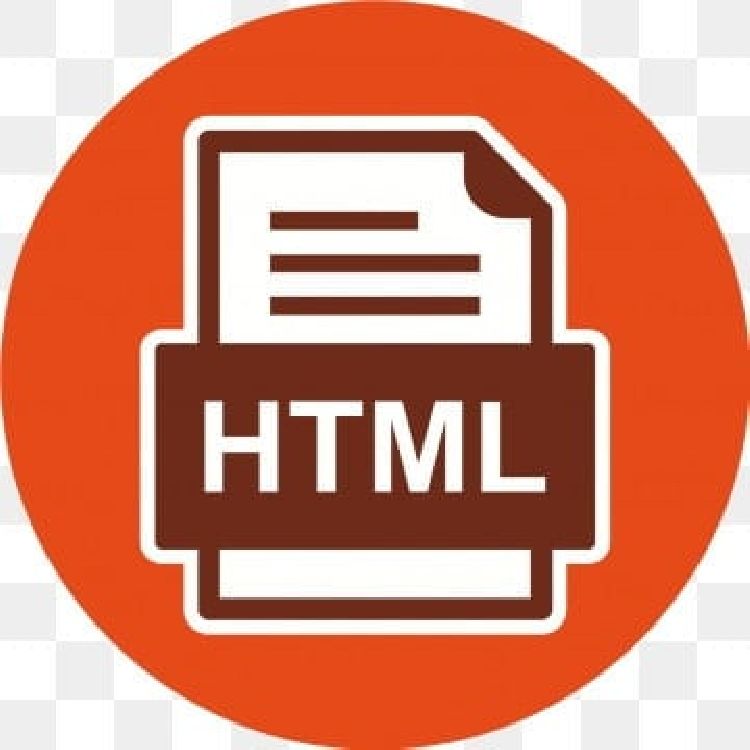
Course Code : S-HT
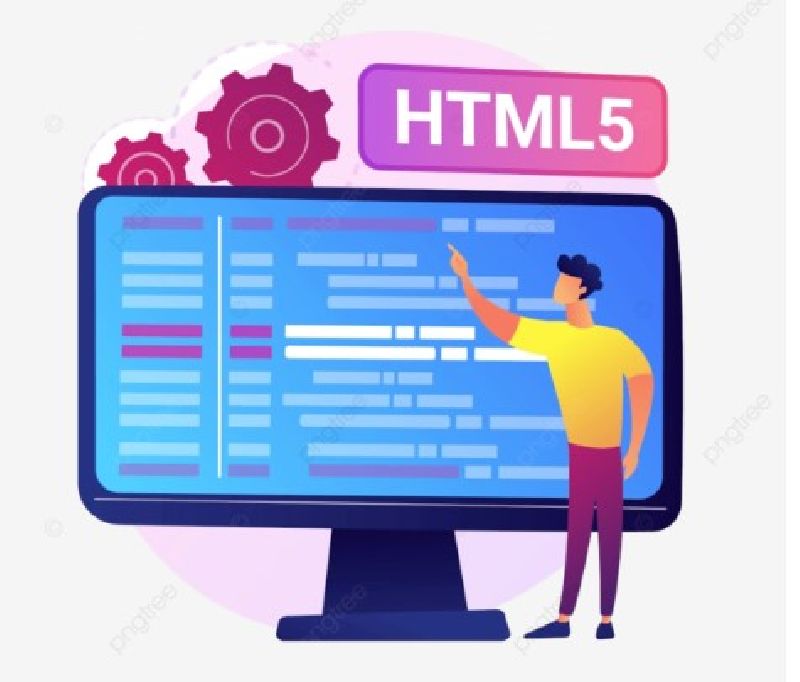
Course Code : S-HT-5
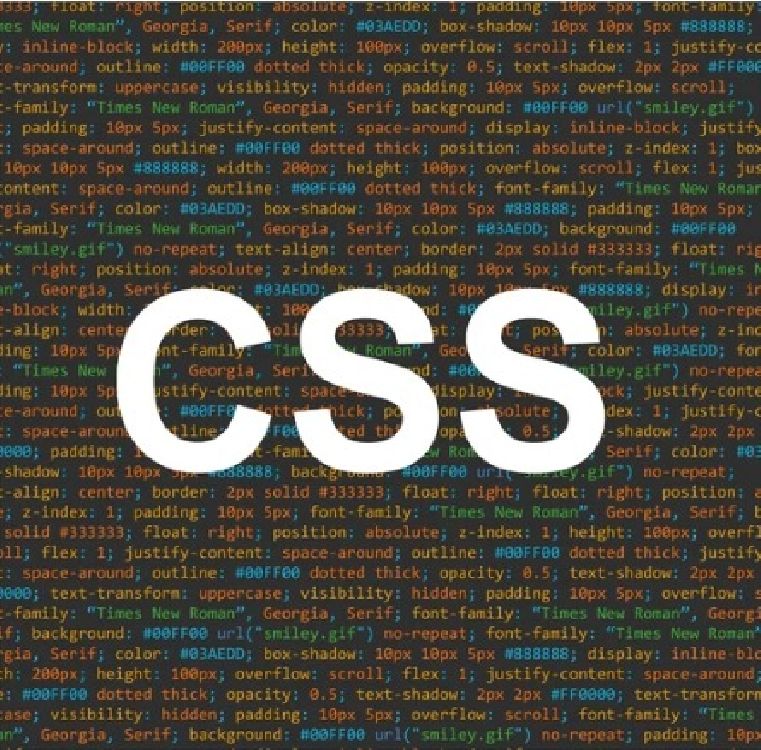
Course Code : S-CSS
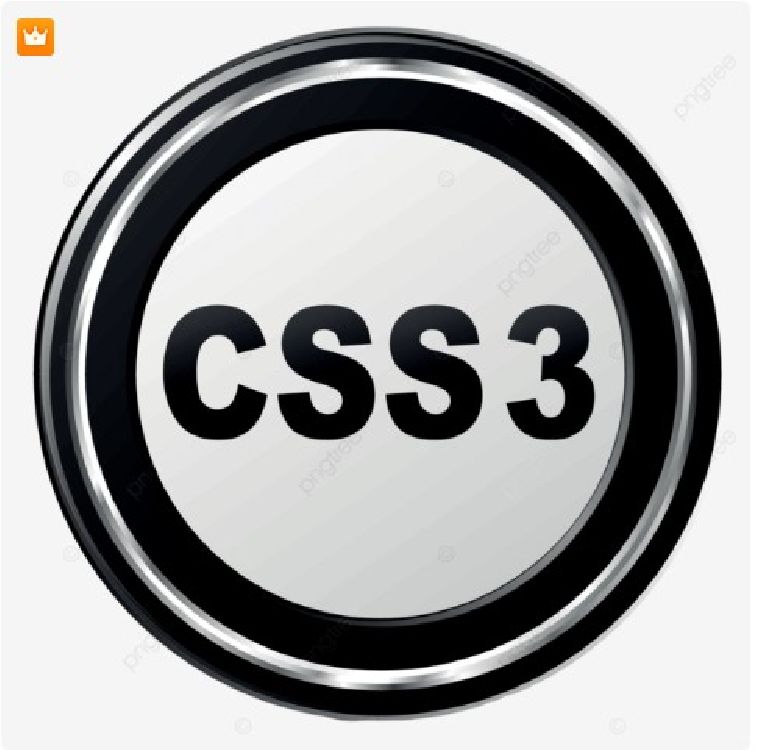
Course Code : S-CSS3
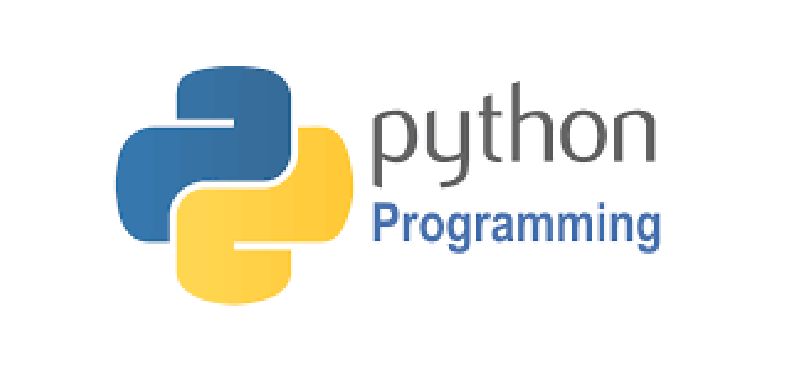
Course Code : S-CPP
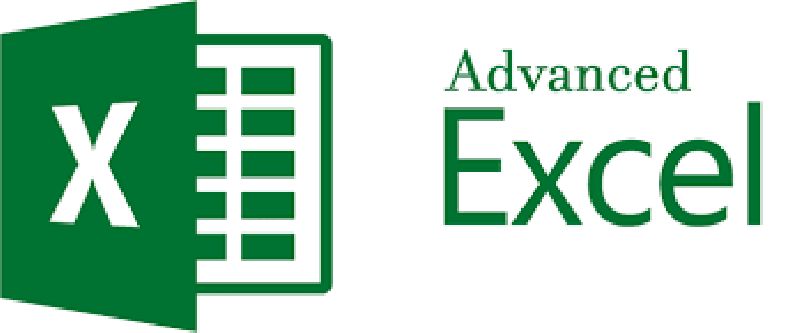
Course Code : S-ADE
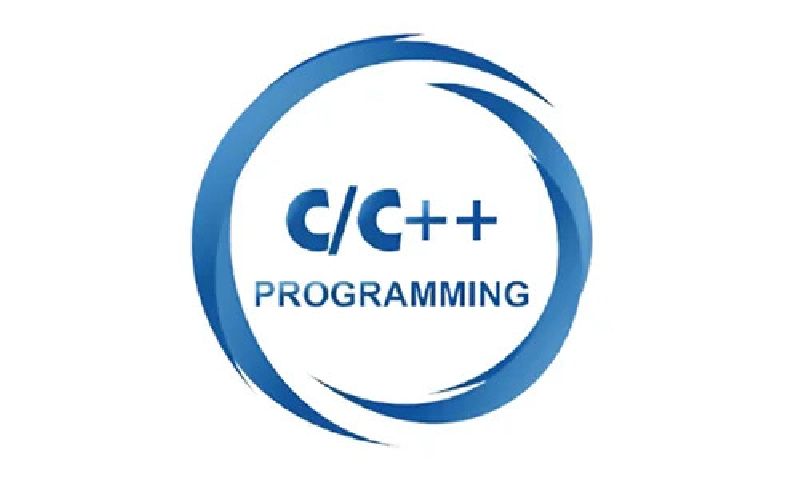
Course Code : M-DIPLOMA LANGUAGE
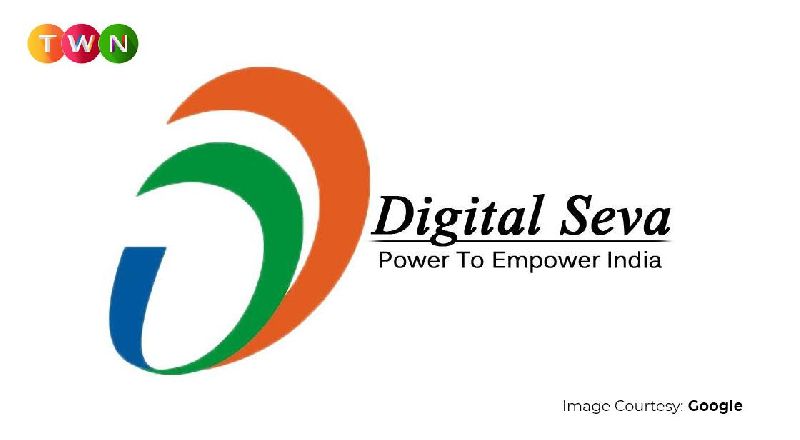
Course Code : S-DS
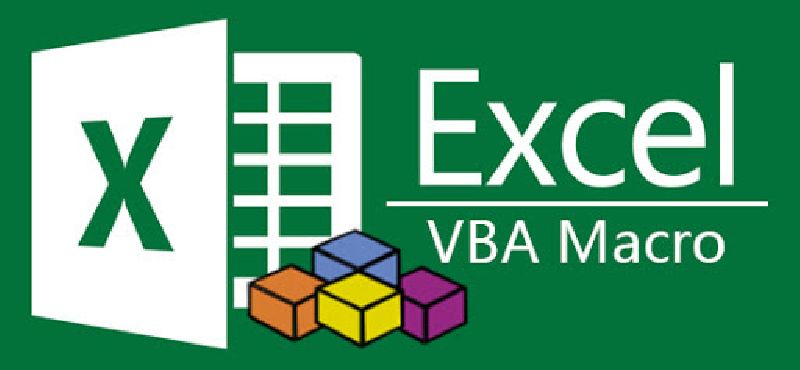
Course Code : S-MADC
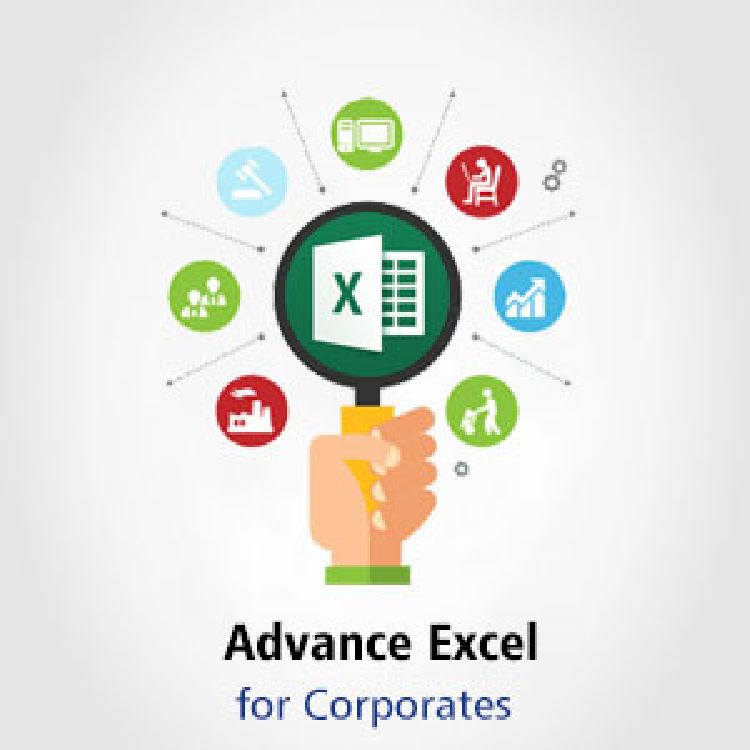
Course Code : S-CAE

Course Code : CCC

Course Code : TALLY - 01

Course Code : CCC+

Course Code : FOR KIDS

Course Code : FOR BEGINNERS

Course Code : TALLY - 02

Course Code : TP - 01

Course Code : TP - 02

Course Code : S-BCC

Course Code : PERSONAL BATCH

Course Code : S-DOA

Course Code : S-AD-OA

Course Code : S-CL

Course Code : S-CL ++

Course Code : S-HT

Course Code : S-HT-5

Course Code : S-CSS

Course Code : S-CSS3

Course Code : S-CPP

Course Code : S-ADE

Course Code : S-DS

Course Code : S-MADC

Course Code : S-CAE

Course Code : ADCA

Course Code : DCA

Course Code : DCA - IT

Course Code : ADCA - IT

Course Code : M-DIPLOMA LANGUAGE
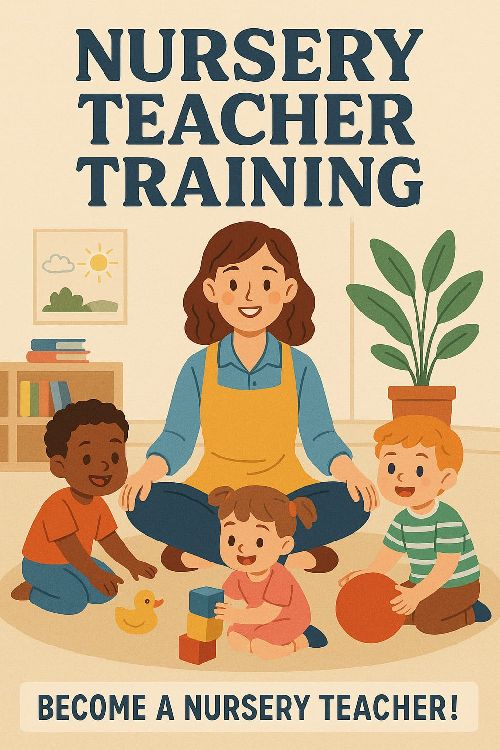
Course Code : M-NTT
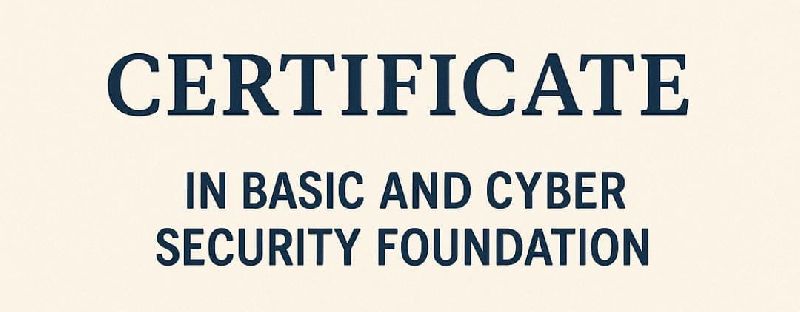
Course Code : M-BC
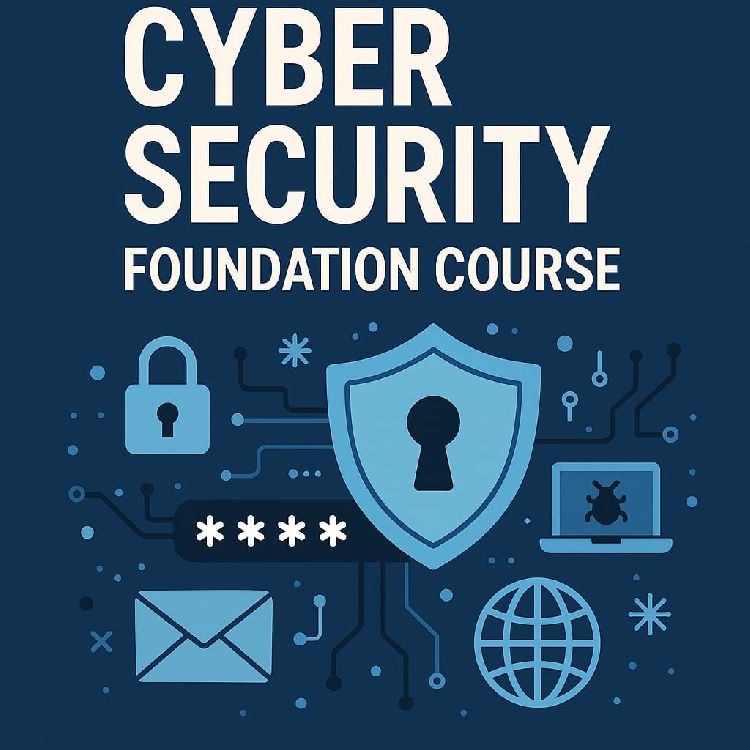
Course Code : S-CSFC
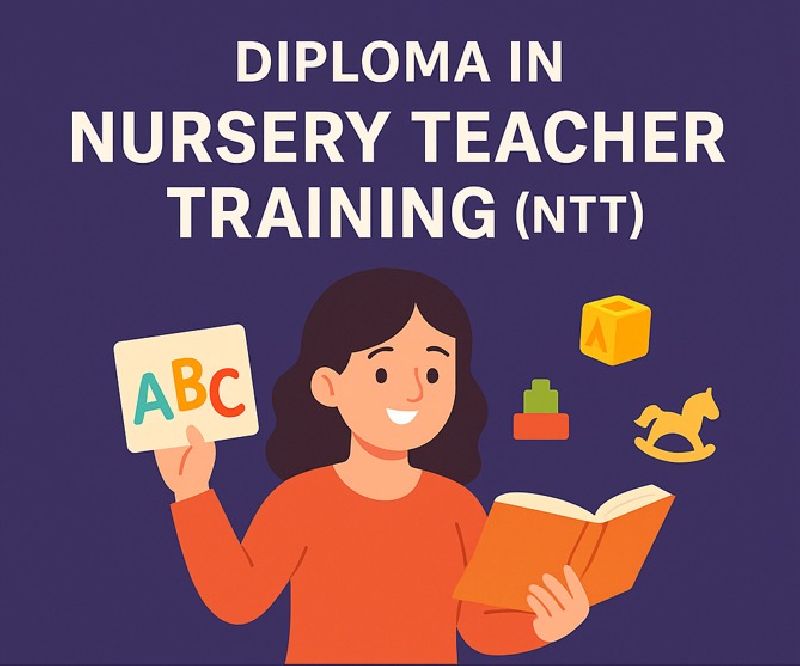
Course Code : M-D-NTT
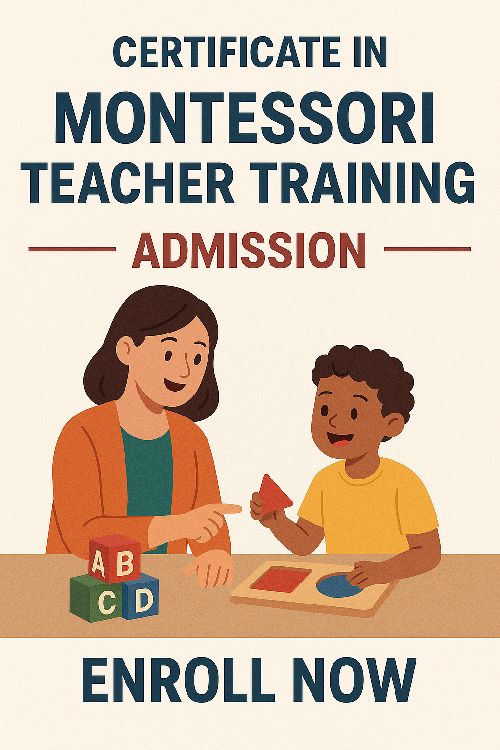
Course Code : MTT
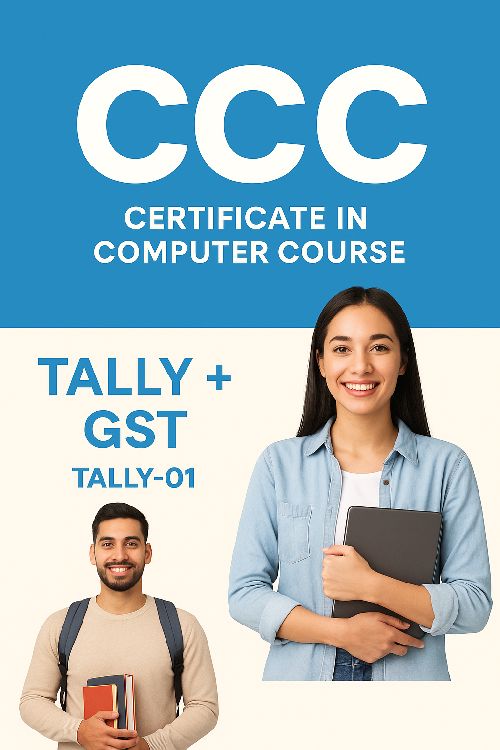
Course Code : M-DCA01
Course Code : M-ENGTY
